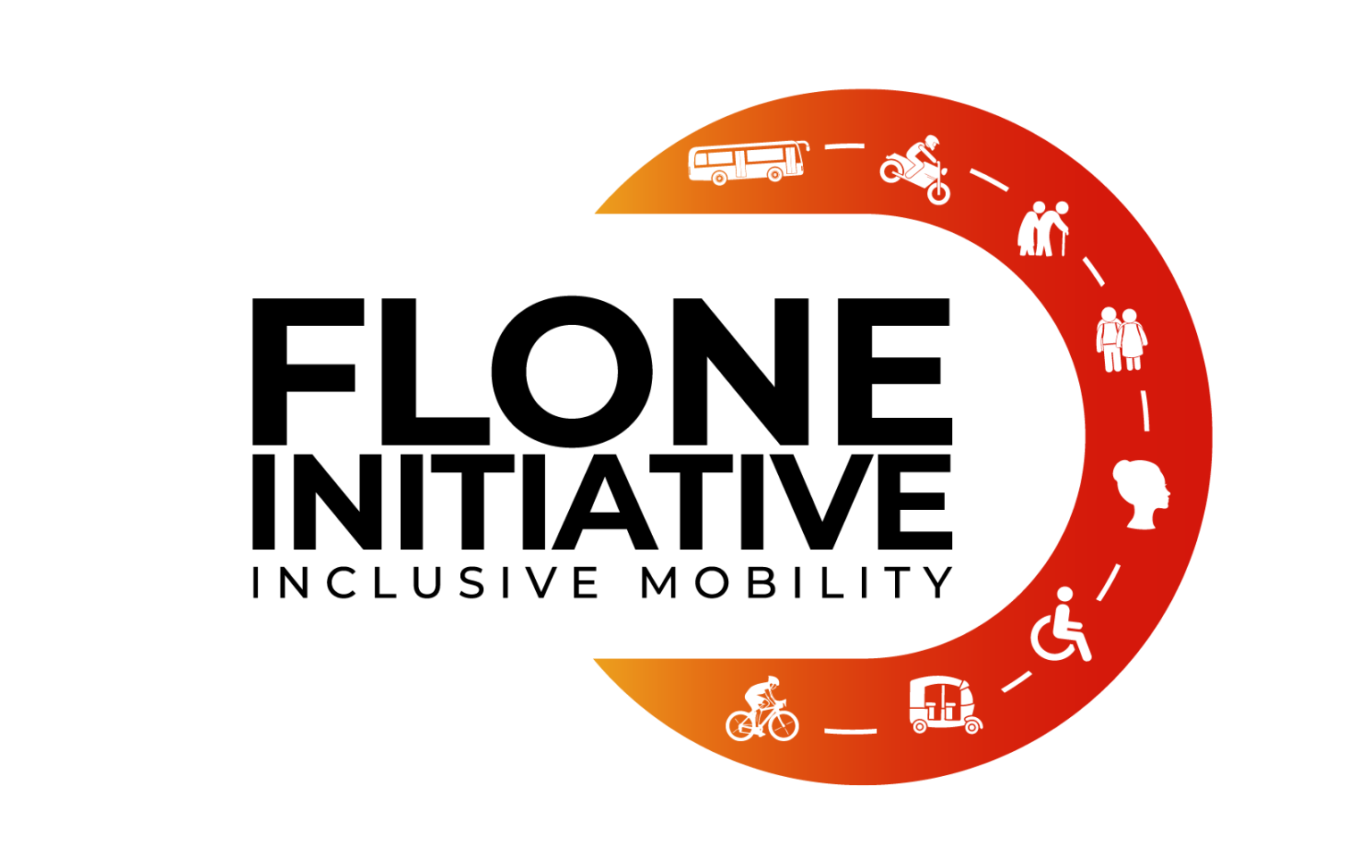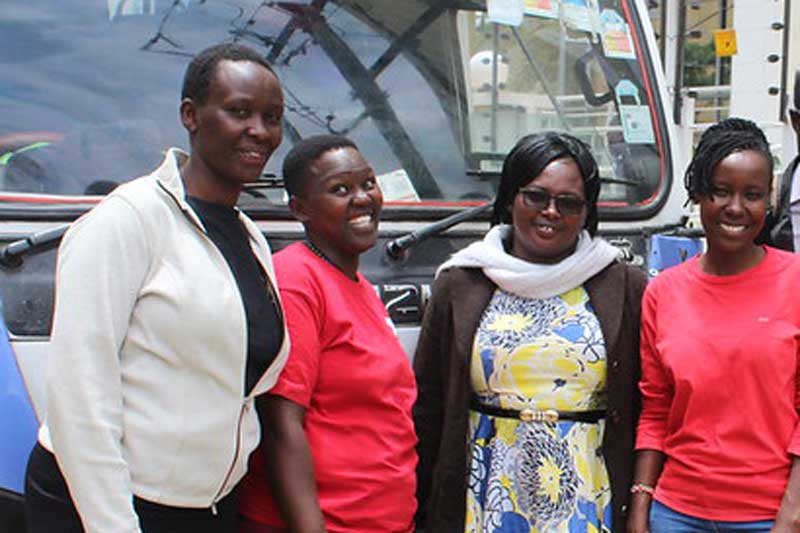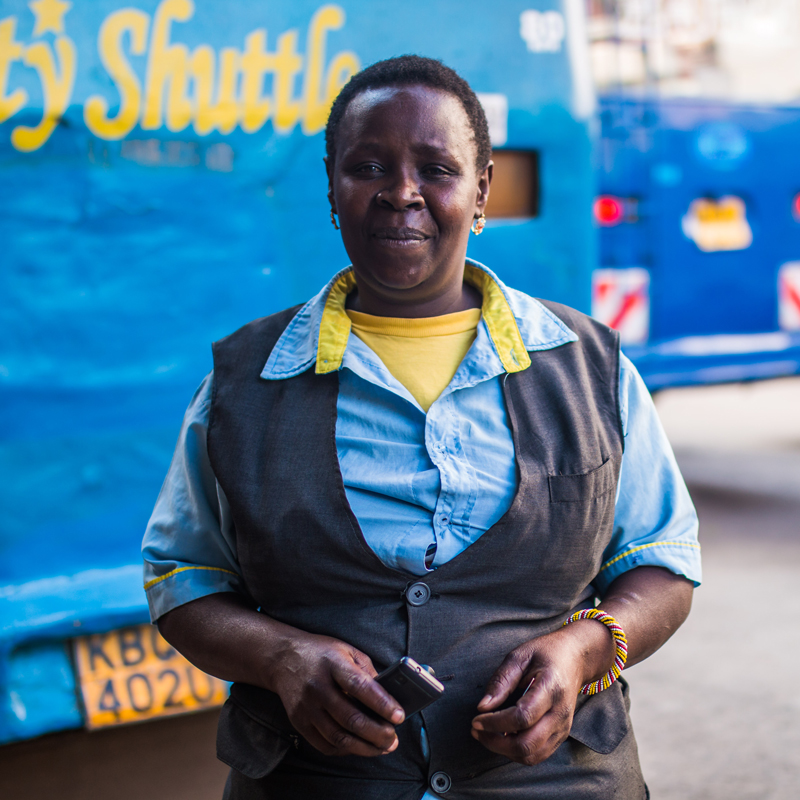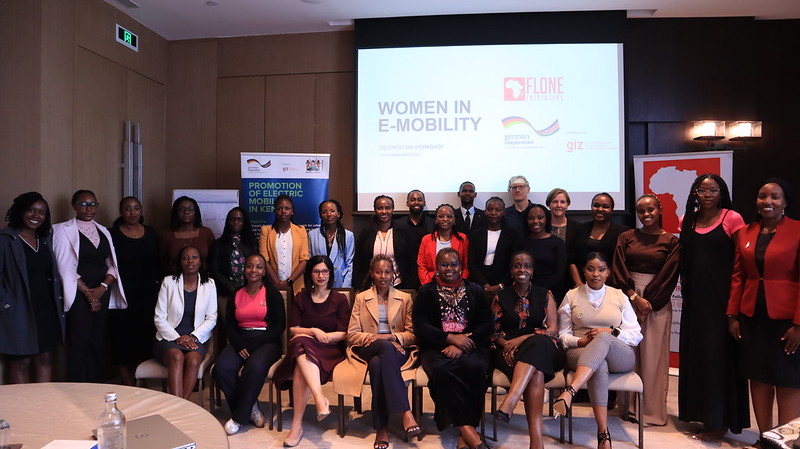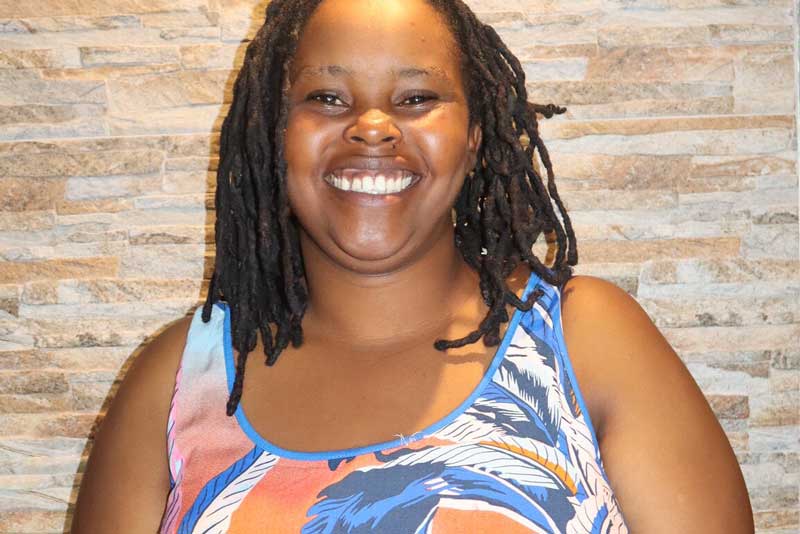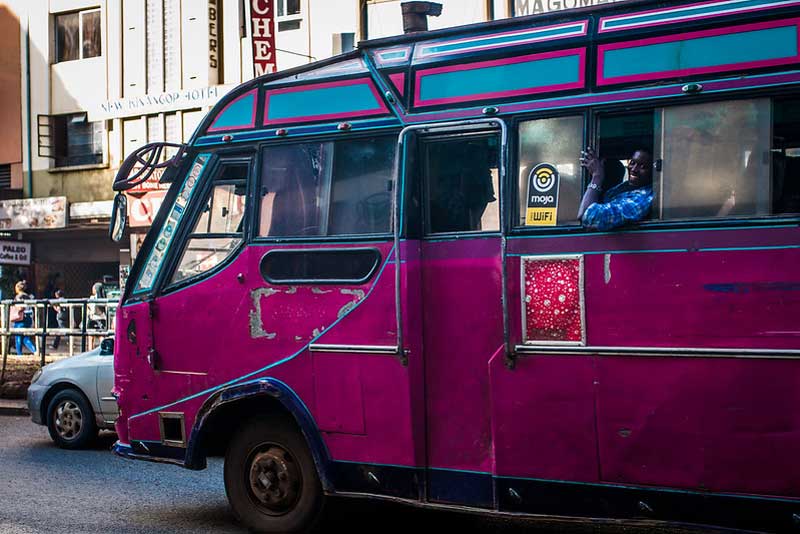Women’s roles and positions in African society have diversified over the years, with more women taking on traditionally male jobs and increasing women-led households. As Africa develops, it is imperative to create safe, healthy, and accommodating public transportation systems that can support all persons’ free and full movement. We believe that one of the essential ingredients to accomplishing this is to support the recruitment, retention and promotion of women as workers in the transportation industry at all levels (mechanics, conductors, drivers, owners, managers, etc.). However, women around the world are underrepresented in transport jobs.
To address this challenge, Flone Initiative in 2017 initiated the Women in Transport (WIT) Program. WIT Program seeks to attract, retain and promote women in the transportation industry by providing women with the skills and support necessary to realize a safe, sustainable and lucrative working environment free from violence.
Since 2017, the WIT Program has provided various capacity building workshops on basic first aid, customer service, savings & finance, assisting commuters living with disabilities and other support sessions to over 300 female drivers and conductors in Kenya and Uganda.
In 2018, Flone Initiative supported the 15 Nairobi based female drivers and conductors to create and perform an original play called Wamama wa Mathree to share their experiences and challenge the perceptions that Nairobi commuters have about women who work in the matatu industry.
